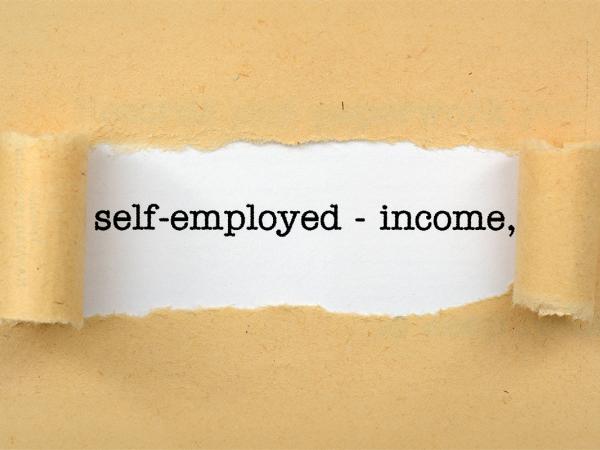
Surplus earnings
The surplus earnings rules apply whether you are employed or self-employed or both. The rules allow excess earnings to be carried forward from one assessment period to another if certain conditions are met.

The surplus earnings rules apply whether you are employed or self-employed or both. The rules allow excess earnings to be carried forward from one assessment period to another if certain conditions are met.

This page looks at how to report information your self-employed income and how it is calculated for universal credit.

There is a formal appeal process if you want to challenge a decision about universal credit

Universal credit is a monthly award and payments are generally made monthly. In Northern Ireland, payments are usually made twice monthly. There are a number of alternative payment options available depending on your circumstances.

The benefit cap is a limit on the total amount of working age benefits that you can receive. If your universal credit is over the amount of your benefit cap, it might be reduced.

For universal credit, if you are an owner or director of a limited company you may be treated as though you are self-employed and the company income treated as your self-employed income.
